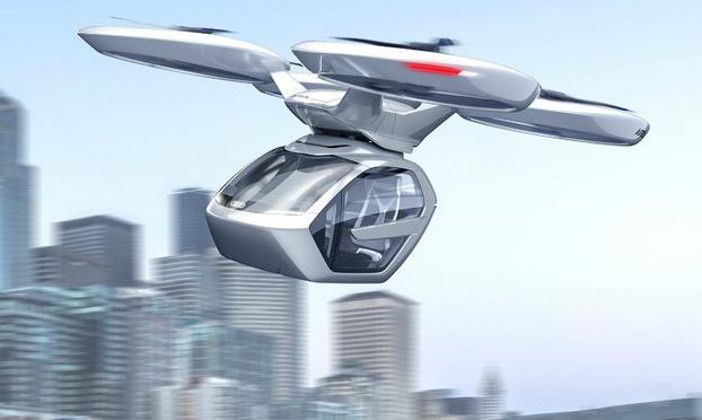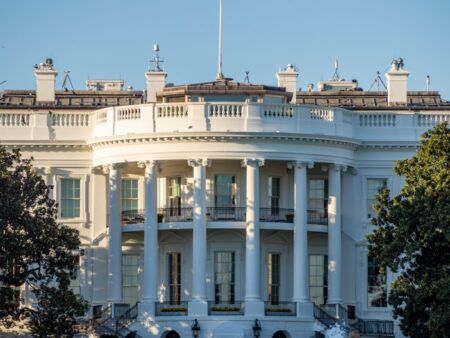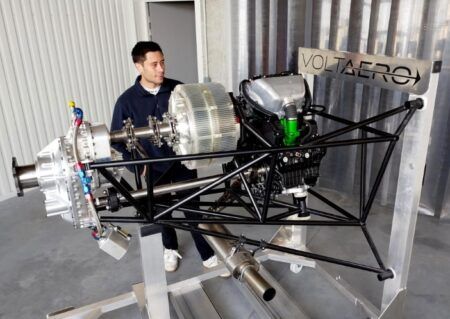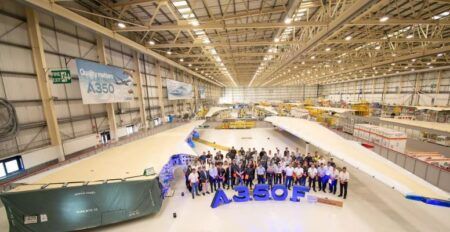The German government has signed a letter of intent to test air-taxis and flying cars in and around the city of Inglostadt with Airbus and Audi.
The project in Ingolstadt, which is home to Audi’s largest factory, will aim to counter clogged city roads and unlock new growth potential for Germany’s technology industry, the German government’s press office said this week in a statement.
The letter of intent was signed this week by government ministers and representatives form Airbus and Audi.
Germany’s federal minister for transport and digital infrastructure Andreas Scheuer said, “Germany is an aerospace pioneer, and air taxis are no longer just a vision, they are taking off into a new dimension of mobility, opening up completely new possibilities, for example transporting patients in cities.
“They are a huge opportunity for companies and young start-ups, who are already very concrete and successful in driving the development forward.”
The federal commissioner for digitization, minister of state Dorothee Bär, said, “We cannot extend all roads to six- or eight-lanes and new railways take up scarce space. As the time of networked urban mobility comes, it is important for the mobility of the future to have air-travel taxis with the best possible interaction between all modes of transport.”
Earlier this month the German city of Hamburg also announced it wants its port to become a testing ground for urban air mobility solutions. Feasibility studies for the use of drones and air taxis are to be conducted with Airbus, amongst other partners.
More details on the Ingolstadt project are expected be given next week at a meeting of EU Smart Cities initiative in the Bulgarian capital, Sofia.





